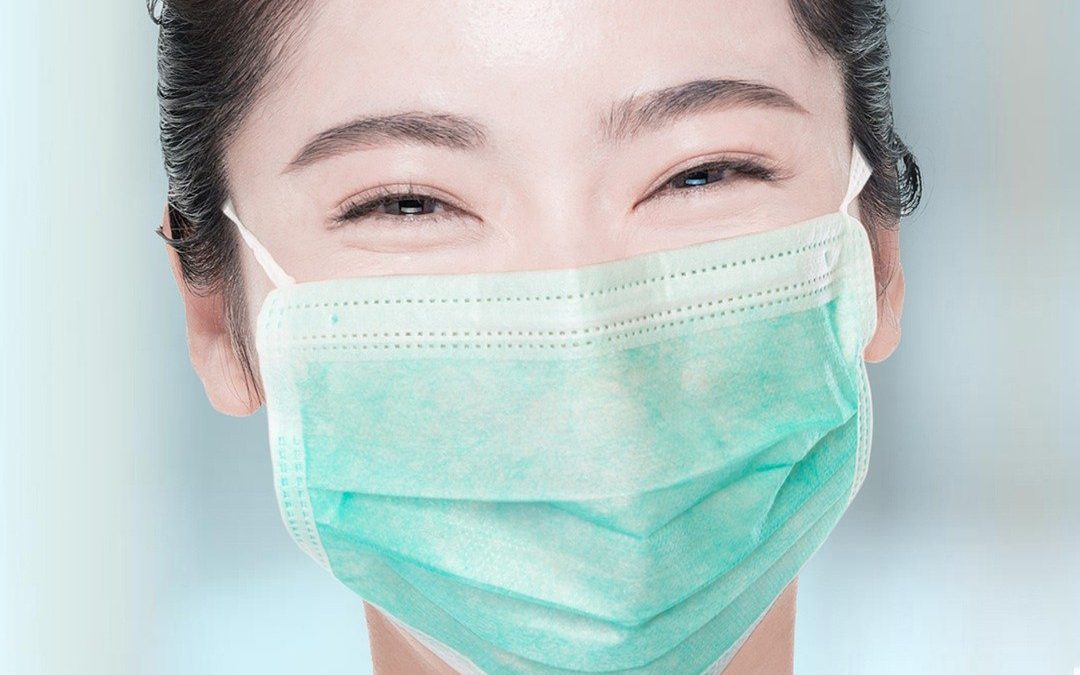Stress comes in all shapes and sizes and it is part of everyday life. This is a good thing because without some pressure we wouldn’t get anything done. Stress is a word that is used often and the meaning and understanding of it has possibly been lost. Helpers and health professionals are aware of the harmful effects of stress and conversations addressing this determinant of health occur in numerous disciplines of treatment. As it is with most humans, we as health professionals and helpers are not immune from the insidious nature of stress.
Stress becomes innocuous because we learn to live with it, to keep going, and we lose sight that we are even stressed. By the time stress gets our attention, it may have a significant grip on our wellbeing. There is a unique type of stress response that can afflict those of us in the helping professions. This type of stress can mimic symptoms of anxiety and depression; symptom examples could be an increase in negative thinking, an increase in heartrate or sweaty palms, irritability, isolation, and difficulty with sleep.
We can stop for a few minutes and recognize when stress has shifted from that helpful motivating stress to the kind that is unhelpful. Thankfully our mind and body communicates in the form of a stress response and lets us know a protective strategy is needed. The stress response involves the physical body, emotions, thoughts, and actions. The body may respond by an increase in heart rate or an increase in muscular tension. Our emotional self may respond by feeling irritable, angry, or worried. A stress response sign from our thoughts may be an increase in negative thinking about us, the world or others. Stress response actions may be impulsive eating or isolation. These are signals to move in the direction of protection.
When we can notice the signs of stress that are unique to us as individuals, we can then protect ourselves. Protective factors are also unique to the individual. Examples of protective factors may be to call a friend, take a walk, listen to music, journal, meditate, or watch a good movie. Choosing an activity that brings a sense of peace and relaxation puts you on the path of accountability for your wellbeing.
There is a juxtaposition of peace and chaos happening now in this pandemic and we are dipping in and out of feeling that we can handle this to the hopeless feeing not knowing what the future holds. Since simply wishing that a stressor such as the COVID -19 would go away is futile, instead think about establishing protective factors that work for you. I’m learning to smile with others, with my eyes, while wearing my protective mask. This activity brings peace and relaxation to my moment.
If you would like to learn more about Pacific Rehabilitation Centers, please read more about us or contact us.
